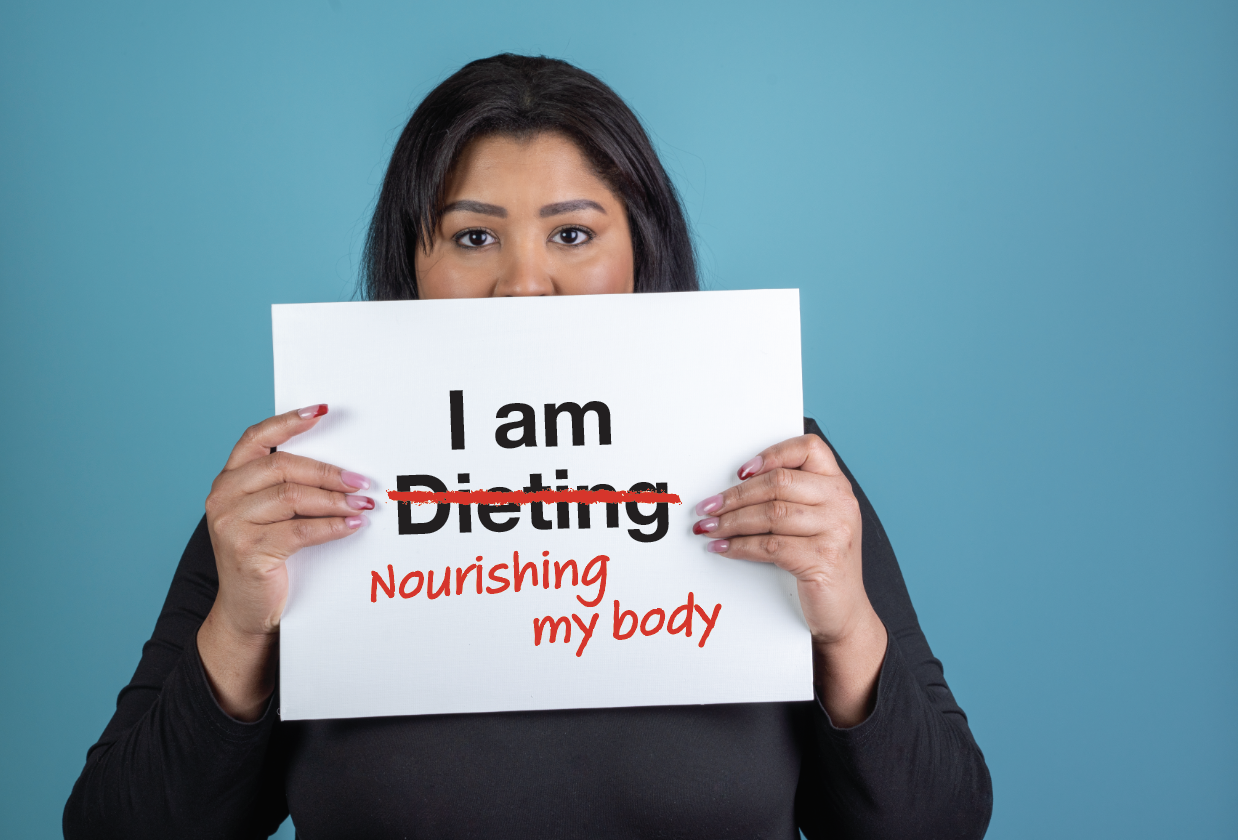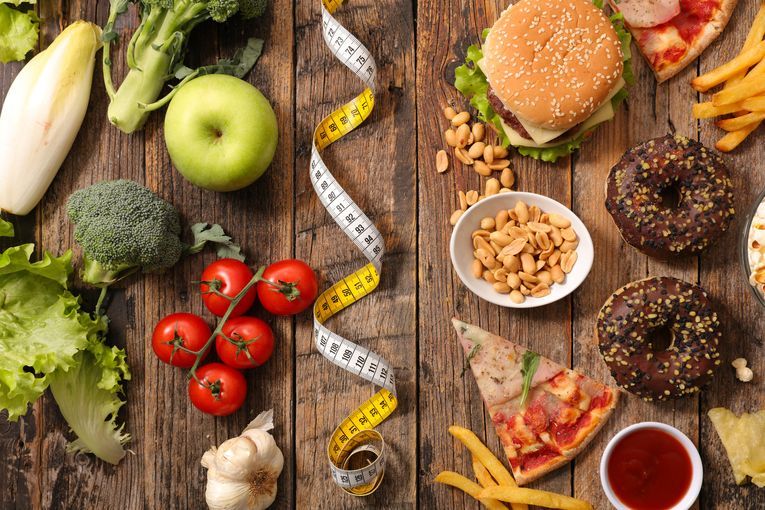In her groundbreaking research, Professor Lera Boroditsky highlights how the metaphors we live by shape not only our thoughts but also our actions, decisions, and outcomes. When it comes to health, vitality, productivity, and longevity, these linguistic shortcuts can become mental roadblocks, subtly keeping us stuck in cycles of poor health and unfulfilled potential. To transform our well-being, it’s essential to examine and reframe the metaphors that define our relationship with our bodies, our goals, and the journey of self-care.

The Power of Metaphors in Shaping Reality
Metaphors are more than just figures of speech; they are cognitive tools that structure our understanding of abstract concepts. For example, we often describe life as a “battle” or a “journey,” implying struggle or progress, respectively. These linguistic choices influence how we approach challenges, including health and wellness. If we constantly frame health as a “battle,” we might unconsciously accept that suffering is inevitable, or worse, feel defeated before we even begin.
Common Health-Related Metaphors That Keep Us Stuck
- “I’m big-boned”
This metaphor suggests that one’s body size is predetermined and unchangeable due to bone structure. However, medical experts indicate that while bone size can vary, it accounts for only a small difference in weight, typically around 10 pounds. Relying on this metaphor can lead to resignation and a lack of motivation to pursue healthier habits. - “I have a slow metabolism”
Attributing weight challenges to a slow metabolism implies a fixed, unalterable condition. While metabolic rates do vary among individuals, factors such as age, muscle mass, and activity level play significant roles. Moreover, metabolism is not solely responsible for weight gain; diet and physical activity are crucial factors. - “It’s genetic”
While genetics can influence body weight and susceptibility to certain health conditions, they do not determine destiny. Environmental factors, lifestyle choices, and behaviors significantly impact health outcomes. Believing solely in genetic determinism can lead to a sense of helplessness and inaction. - “Falling off the wagon”
This metaphor implies that health is a rigid, all-or-nothing pursuit. The image of a wagon suggests a fixed path, and the moment you “fall off,” it feels as if you’ve failed completely. This framing discourages resilience and adaptability, key components of sustainable health. - “Burning calories”
By equating calorie expenditure to burning fuel, we reduce health to a transactional, mechanical process. This metaphor often leads to an unhealthy obsession with exercise as punishment for eating, rather than an activity that nurtures vitality and joy. - “Fighting cravings”
Viewing cravings as an adversary creates a combative relationship with food and one’s body. Instead of fostering curiosity about why these cravings occur, this metaphor perpetuates guilt and shame. - “Breaking bad habits”
The language of breaking suggests that habits are rigid and fragile. It ignores the complexity of behavior change and the opportunities for growth through gentle, iterative adjustments. - “Weight loss journey”
While the “journey” metaphor can be empowering, it often implies a final destination. This framing may lead to disillusionment when people realize that maintaining health is an ongoing process rather than a one-time achievement.
How These Metaphors Impact Thinking and Behavior
The metaphors we internalize affect how we perceive ourselves and our capacities for change. For instance:
Thinking: If you believe “I’m big-boned” or “It’s genetic,” you may perceive weight management as beyond your control, leading to fatalistic thinking.
Planning: If you frame wellness as a “battle,” you might prepare for conflict (e.g., restrictive diets) instead of sustainable, balanced approaches.
Acting: If you describe health as “falling off” and “getting back on,” you may develop an all-or-nothing mindset, leading to cycles of extreme effort followed by burnout.
Transforming Health Through Empowering Metaphors
To escape these linguistic traps, we need to adopt metaphors that foster growth, resilience, and balance. Here are some examples:
- From
“I’m big-boned”
to “I can build a healthier body”
This shift emphasizes personal agency and the potential for positive change through lifestyle choices. - From
“I have a slow metabolism”
to “I can boost my metabolism through activity”
This reframing focuses on actionable steps, such as exercise and nutrition, to influence metabolic health. - From
“It’s genetic”
to “I can overcome genetic predispositions with healthy habits”
This perspective acknowledges genetic factors but empowers individuals to take control of their health outcomes - From
“falling off the wagon”
to “navigating a winding path”
This metaphor allows for detours, emphasising that progress isn’t linear and that every step is part of the process. - From
“burning calories”
to “fueling vitality”
This shift encourages a focus on nourishment and energy rather than punishment or depletion. - From
“fighting cravings”
to “listening to my body”
Reframing cravings as signals from your body promotes self-awareness and a compassionate approach to nutrition. - From
“breaking habits”
to “planting new seeds”
This metaphor highlights the patience and care needed to cultivate lasting change, rather than the destructive connotation of “breaking.” - From
“weight loss journey”
to “embracing a vibrant lifestyle”
This framing focuses on the joy and fulfillment that come with healthy living, making it an integral part of life rather than a temporary goal.
Linguistic Freedom and Lasting Change
Recognizing the constraining metaphors that govern our thoughts is the first step toward breaking free from them. For instance:
Shifting from
“I’m big-boned”
to
“I can build a healthier body”
reframes one’s relationship with health, moving from resignation to empowerment.
Replacing “It’s genetic” with “I can overcome genetic predispositions with healthy habits” acknowledges limitations but emphasizes personal responsibility.
By adopting empowering metaphors, we can reimagine health not as a struggle, a destination, or a predetermined fate, but as an evolving relationship with ourselves. These shifts in language open the door to new ways of thinking, planning, and acting—laying the foundation for a life of vitality, productivity, and longevity.
By aligning our language with growth, curiosity, and empowerment, we can reshape our mental models and open up new possibilities for lasting transformation.
Our recent Posts
View Other Blogs



Browse and read our blogs to learn more about our tips and tricks.



